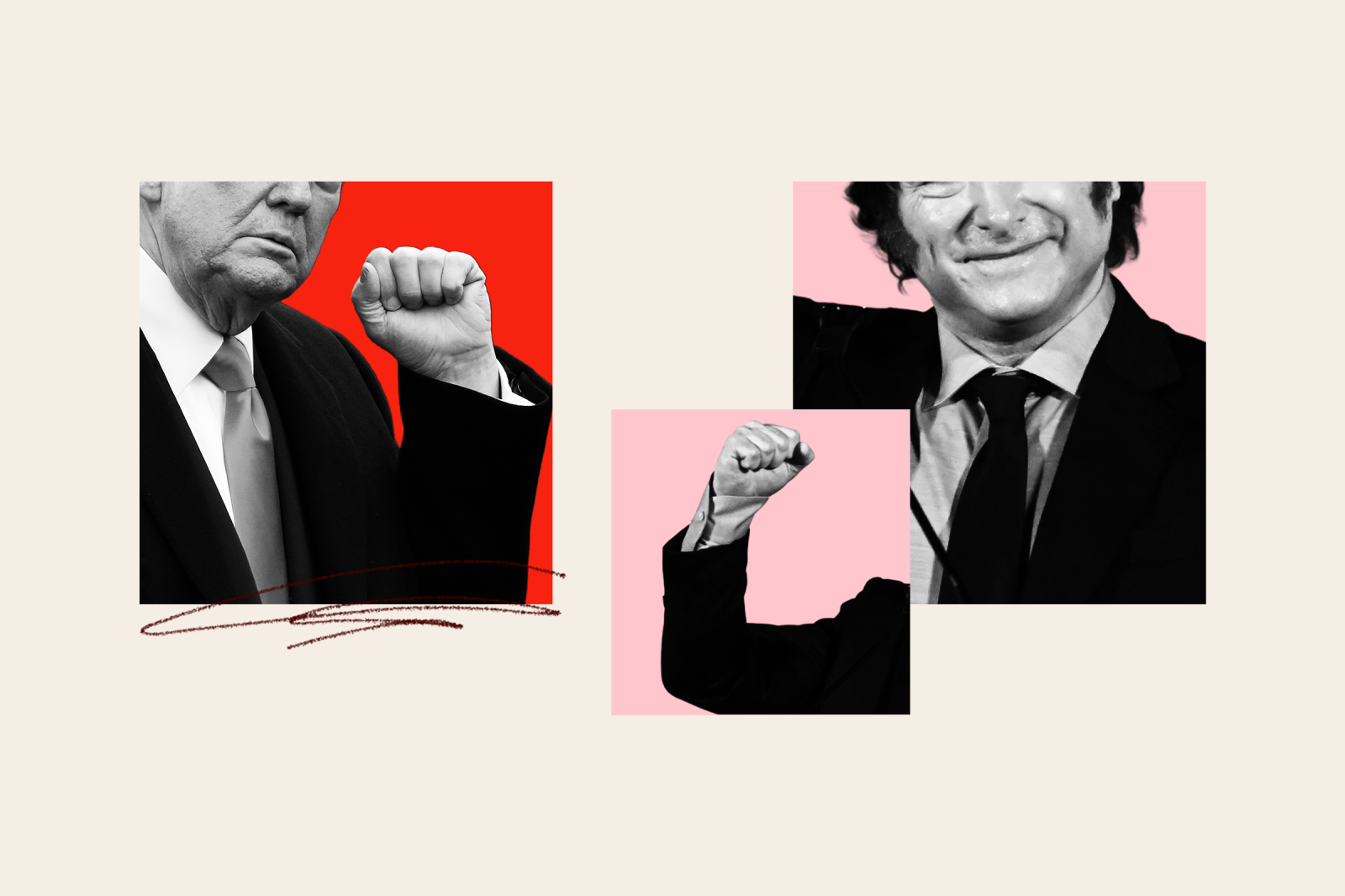Copyright newsweek

Never before have Argentina’s midterm elections drawn such intense scrutiny from an American president. But with $20 billion on the line and an ideological ally on the ballot, Donald Trump has turned Sunday’s vote into a high-stakes referendum on both Javier Milei and his own foreign policy. Trump has directly tied the future of U.S. financial support to Milei’s success. “If he loses, we are not going to be generous with Argentina,” Trump said at a White House meeting earlier this month, warning that “if he doesn’t win, we’re gone.” Treasury Secretary Scott Bessent has framed the bailout as an effort to “form an economic bridge with our allies” rather than be “shooting narco gunboats.” The bailout—an unusual $20 billion currency swap—aims to prop up the Argentine peso and more broadly stabilize a government seen as critical to U.S. influence in a region where China is expanding its reach. Bessent is now betting U.S. taxpayer money on Milei’s economic experiment. U.S. President Donald Trump has turned Sunday’s vote into a high-stakes referendum on both Javier Milei and his own foreign policy. / Newsweek “Treasury is monitoring all markets and we have the capacity to act with flexibility and with force to stabilize Argentina,” Bessent said on social media. “We do not want another failed state in Latin America and a strong, stable Argentina as a good neighbor is explicitly in the strategic interest of the United States,” he added. The deal has sparked fierce backlash across the political spectrum, with critics accusing Trump of risking taxpayer money to support a volatile foreign government and an ideological ally. Democratic Senator Elizabeth Warren called it “a bailout of the rich disguised as international aid” while Republican Senator Chuck Grassley fumed that it “rewards a rival soybean supplier at the expense of American farmers.” Even within Trump’s own camp, farm-state lawmakers and conservative groups have raised alarms about subsidizing a country with a long history of defaults and general economic mismanagement. “It is exceedingly rare for the Treasury to bail out a foreign government and Argentina is an odd choice given its record as a serial defaulter and its minimal economic ties to the United States,” Benjamin Gedan, Director of the Latin America Program at the Stimson Center, told Newsweek. “Clearly, Trump’s fondness for Javier Milei is a major factor.” Milei’s Odds Milei, elected in 2023 on a platform of radical libertarian reforms, has pushed austerity measures that have slashed public spending, ended central bank money printing and brought inflation down from 211 percent to roughly 32 percent in under a year. The turnaround has earned him praise from international markets and figures like Tesla CEO Elon Musk, but it has also driven interest rates to 80 percent and pushed unemployment higher. Real wages remain depressed and economic growth has stalled. His approval ratings, once lifted by voter anger at Argentina’s left-wing Peronist establishment, have sharply declined. The backlash to Milei’s economic experiment—and a recent bribery scandal involving his sister—have further hurt his standing. Polling by the Argentine firm Zuban Córdoba now puts Milei’s national support at around 35 percent, nearly 15 points lower than a year ago. Buenos Aires, Argentina: A protester presents a bouquet of flowers to riot police in front of the National Congress in the Argentinian capital on April 23. Demonstrators have been outraged by the economic policies of President Javier Milei’s government, including pension reforms which retirees say do not match inflation. Police fired pepper spray and detained some taking part in the weekly protests. “Should he perform poorly in the midterms, it could trigger a run on the peso, a steep devaluation and a rise in inflation that would permanently damage his credibility among voters and investors,” said Gedan. Recent polling suggests that outcome is still in play. Milei’s coalition, Freedom Advances, is polling between 32 percent and 38 percent nationally—just enough to possibly retain a third of congressional seats and preserve his presidential veto power. Anything lower could leave him exposed to impeachment efforts or a hostile legislature and potentially prompt the Trump administration to walk away from its financial lifeline. “If he gets around 40 percent of the vote and defeats the Peronists, markets are likely to react positively and the Trump administration will feel that their support was crucial,” said María Victoria Murillo, Director of the Institute for Latin American Studies (ILAS) at Columbia University. “But if Milei’s coalition doesn’t get at least a third, he could be exposed to a difficult situation in terms of governability and the U.S. will look weak.” Buenos Aires, Washington and Beijing The stakes are not only domestic. Two months ago, Milei’s coalition suffered a 14-point loss in Buenos A...



